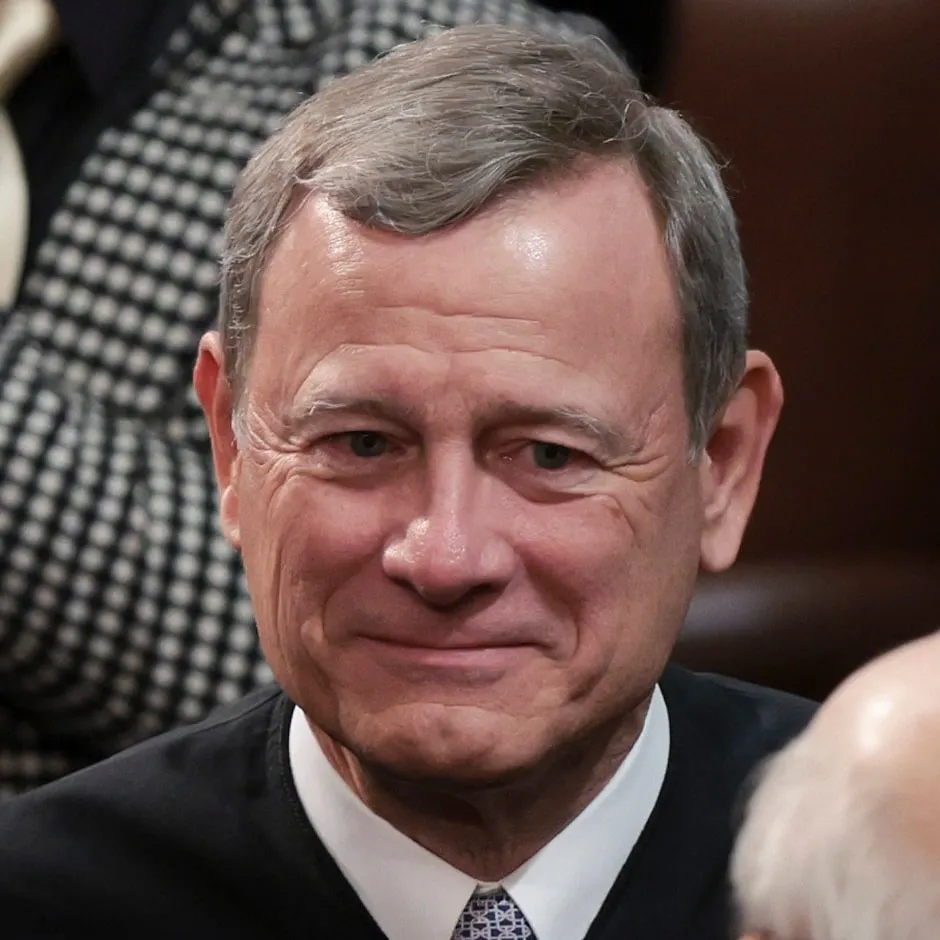
Chief Justice Roberts Defends Judicial Independence Amid Impeachment Calls In a rare public statement, Chief Justice John Roberts has responded to President Donald Trump’s recent demand for the impeachment of a federal judge who issued a ruling against the administration’s deportation plans. This exchange underscores the ongoing tension between the executive branch and the judiciary, […]
Chief Justice Roberts Defends Judicial Independence Amid Impeachment Calls
In a rare public statement, Chief Justice John Roberts has responded to President Donald Trump's recent demand for the impeachment of a federal judge who issued a ruling against the administration's deportation plans. This exchange underscores the ongoing tension between the executive branch and the judiciary, highlighting the importance of maintaining judicial independence within the framework of the United States Constitution.
President Trump's Impeachment Demand
The controversy began when President Trump called for the impeachment of U.S. District Judge James E. Boasberg. Judge Boasberg had issued a temporary restraining order halting deportation flights of Venezuelan migrants, challenging the administration's use of the Alien Enemies Act of 1798 as the legal basis for these deportations. President Trump labeled Judge Boasberg a "troublemaker and agitator," accusing him of obstructing the administration's immigration agenda.
Chief Justice Roberts' Response
Chief Justice Roberts responded to President Trump's remarks by emphasizing that impeachment is not an appropriate response to disagreements with judicial decisions. He stated that the proper avenue for addressing such disputes is through the appellate review process, which allows higher courts to examine and potentially overturn lower court rulings. This process ensures that legal disagreements are resolved within the established judicial framework, preserving the balance of power among the branches of government.
The Role of the Alien Enemies Act
The administration's deportation efforts were based on the Alien Enemies Act of 1798, a law that grants the president authority to detain and deport non-citizens from hostile nations during times of war or invasion. The application of this centuries-old statute to contemporary immigration enforcement has raised legal questions, prompting judicial scrutiny and debate over its relevance and constitutionality in the current context.
Historical Context of Judicial Impeachment
Impeachment of federal judges is an exceedingly rare occurrence in American history. Since the founding of the United States, only 15 federal judges have been impeached, and of those, just eight were convicted by the Senate and removed from office. The impeachment process is intentionally rigorous, reflecting the framers' intent to protect judicial independence by ensuring that judges are not subject to removal for unpopular decisions or political disagreements.
Implications for the Separation of Powers
The exchange between President Trump and Chief Justice Roberts highlights the delicate balance inherent in the separation of powers doctrine. While the executive branch is responsible for enforcing laws, the judiciary interprets those laws and ensures they align with the Constitution. Attempts to undermine judicial authority through threats of impeachment for unfavorable rulings can erode this balance, potentially compromising the judiciary's role as an impartial arbiter of the law.
Conclusion
Chief Justice John Roberts' defense of judicial independence serves as a reminder of the critical role the judiciary plays in upholding the rule of law and maintaining the checks and balances that define the American political system. As debates over immigration policy and executive authority continue, it is essential to respect the processes and institutions that safeguard democratic principles and ensure that all branches of government operate within their constitutional boundaries.